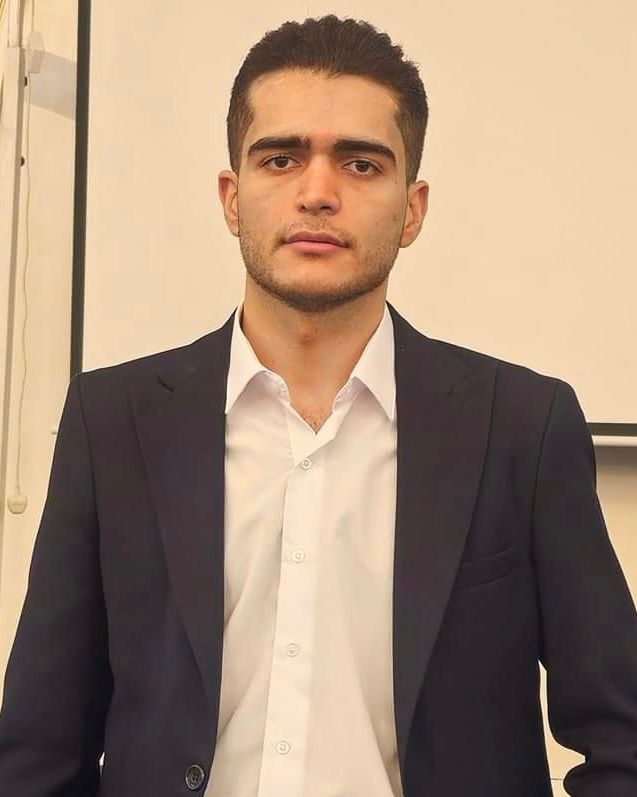By  Ismail Abdullah
Introduction
The 2024 parliamentary election in the Kurdistan Region marks a pivotal moment in its political history. This analysis compares the current political landscape with previous periods to understand the potential future trajectory of the region. By examining voter behavior, party dynamics, and policy outcomes, we can draw insights into the challenges and opportunities that lie ahead.
 Historical Context
The Kurdistan Region has experienced significant political shifts over the past decades. Historically dominated by the Kurdistan Democratic Party (KDP) and the Patriotic Union of Kurdistan (PUK), the political scene has seen the emergence of new parties and movements, such as the New Generation Movement (NGM) and the Gorran Movement.
 2024 Election Overview
The 2024 elections were marked by high voter turnout and the implementation of biometric voting technology, which boosted voter confidence. The KDP emerged as the leading party, securing 39 seats, followed by the PUK with 23 seats and the NGM with 15 seats. Although the KDP maintained its dominance and increased its vote count by nearly 200,000, it lost six seats compared to the 2018 elections due to a shift from one electoral district to four electoral districts.
 Comparative Analysis
- Voter Behavior and Turnout
– 2018 Elections: Voter turnout was moderate, with significant apathy among the electorate due to disillusionment with the political process.
– 2024 Elections: Voter turnout was notably higher, with 97% participation in special voting and 71% in general voting. The introduction of biometric voting technology played a crucial role in this increase, reflecting a renewed public interest in the electoral process.
- Party Dynamics
– 2018 Elections: The KDP and PUK maintained their dominance, but the rise of the Gorran Movement and other opposition parties indicated a desire for change.
– 2024 Elections: The political landscape has further diversified. The KDP and PUK remain influential, but the NGM’s significant gains highlight a shift towards new political forces. The decline of the Gorran Movement, which dropped from 12 seats to just one, underscores the volatility of voter support for opposition parties.
- Policy Outcomes and Governance
– Post-2018: The region faced challenges such as delayed public sector salaries, accusations of corruption, and economic inequality. These issues fueled public dissatisfaction and calls for reform.
– Post-2024: The new government faces the task of addressing these persistent issues while navigating a more fragmented political landscape. The rise of opposition forces like the NGM suggests a potential for more robust debate and policy innovation, but also the risk of increased political instability if consensus cannot be reached.
 Future Prospects
The future of the Kurdistan Region post the 2024 elections will depend on several factors:
– Political Stability: The ability of the KDP and PUK to work with emerging parties like the NGM will be crucial for maintaining stability and effective governance.
– Economic Reforms: Addressing economic challenges and ensuring equitable development will be key to gaining public trust and fostering long-term stability.
– External Pressures: The region must navigate external pressures from neighboring countries and international actors, which will influence its political and economic strategies.
Conclusion
The 2024 parliamentary elections have reshaped the political landscape of the Kurdistan Region. While the KDP and PUK remain dominant, the rise of new political forces signals a shift towards a more pluralistic and potentially more contentious political environment. The future will hinge on the region’s ability to address internal challenges and external pressures while fostering inclusive and effective governance.

